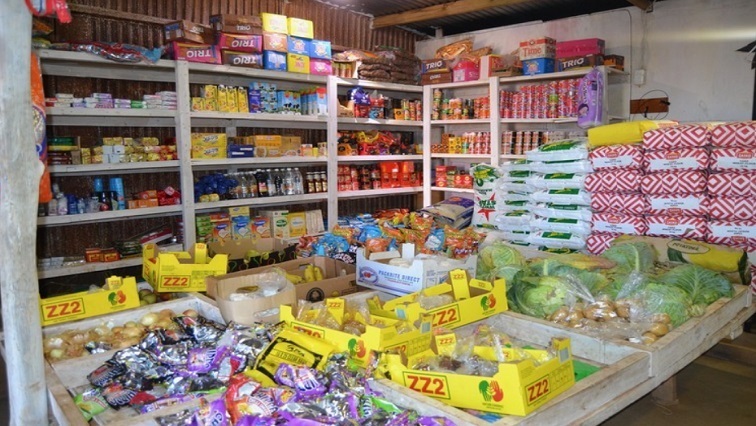-
CoGTA says the deficit shortage of Environmental Health Practitioners stands at 4450
Municipalities across the country have a shortage of over 4000 Environmental Health Practitioners (EHP) and this is one of the areas that is contributing to the spread of foodborne diseases.
This is because many municipalities do not have the capacity to monitor food being sold at spaza shops.
This is contained in a report tabled at the Small Business Development Portfolio Committee by the Department of Cooperative Governance and Traditional Affairs.
“We currently throughout the country have 1751 environmental health practitioners and the deficit and the shortage is 4450. This is one of the areas of serious concern chairperson because environmental health practitioners are very critical in this process,” says Director at CoGTA, Mohlatlego Rabothata.
RELATED VIDEO | Food poisoning I Spaza shops implicated in deaths to be closed: Ramaphosa
Between July and September this year 82 924 applications were received by municipalities across the country from spaza shops seeking to operate legally, and 18% of these applications were approved.
“Many municipalities are still processing business license applications manually, and therefore, this would have taken more time than necessary. Secondly, the business license application process has to go through various departments or units in the municipalities before they are finally approved and it often takes time and can be costly,” adds Rabothata.
RELATED VIDEO | Several Spaza shops allegedly selling liquor to the public and minors





